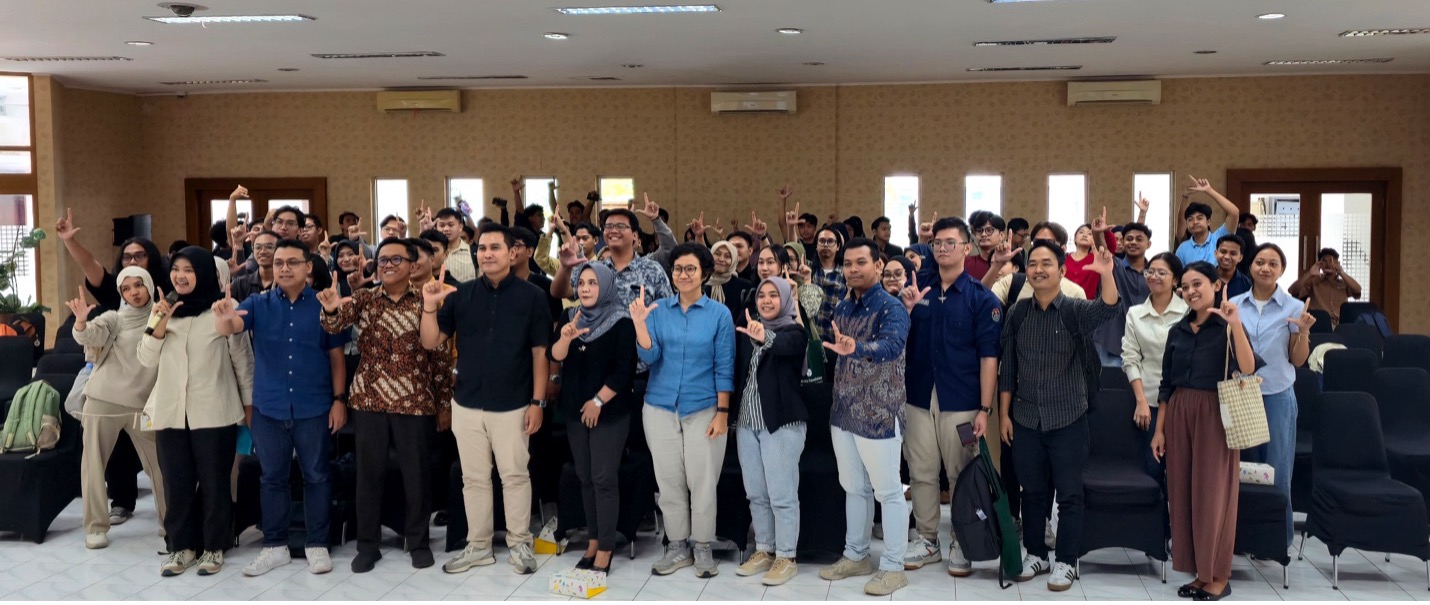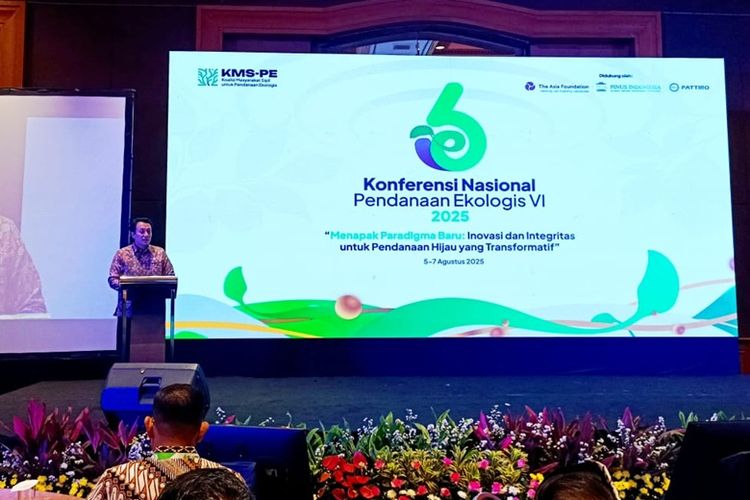The Village Act Must Be Able to Improve the Welfare of Women
PATTIRO : Gender Equality in the Village Act Must Be Observed
 Every year, the 8th of March is celebrated as International Women’s Day in recognition of the contribution of women in the economic, political and social sectors. Recognising the issue of gender equality and the contribution of women, especially in developed countries, has already increased the welfare of women throughout the world. So, how is the situation in Indonesia? In the relatively developed urban areas, women are largely prospering. However, this is not the fate of women in rural Indonesia. The welfare of women in rural areas is still far from being realised, especially when it comes to health.
Every year, the 8th of March is celebrated as International Women’s Day in recognition of the contribution of women in the economic, political and social sectors. Recognising the issue of gender equality and the contribution of women, especially in developed countries, has already increased the welfare of women throughout the world. So, how is the situation in Indonesia? In the relatively developed urban areas, women are largely prospering. However, this is not the fate of women in rural Indonesia. The welfare of women in rural areas is still far from being realised, especially when it comes to health.
The 2012 Indonesian Health Demographics Survey (SDKI) revealed that maternal mortality rates skyrocketed from 228 per 100 000 live births in 2007 to 359 per 100 000 in 2012. Within these figures, maternal mortality rates in rural areas are higher than in urban regions, as a result of the large disparity of health services between urban and rural areas, especially during childbirth and the postnatal period (Riskesdas 2010). Inadequate availability of health facilities and transportation that are perceptive of mother and baby health has always been a major cause of the high rates of maternal mortality in rural areas.
The enacting of Law No. 6, 2014 on the Village (Village Act) has, however, increased hope for greater prosperity in the villages of Indonesia. Article 72 paragraph (4) of the Village Act stipulates that the allocation of funds to the village level be fixed at a minimum of 10% of regional fund transfers under the national budget (APBN). It is estimated that each village will receive funds of more that Rp 1 billion per year as a result. The Centre for Regional Information and Studies (PATTIRO) contends that the addition of this resource should result in villages functioning as public institutions that are socially accountable. Article 4 of the Village Act, letter (f) asserts that one aim of village regulation is the increasing the level of public services for the village citizenry, in order to hasten the realisation of public welfare. Because of this, it is extremely important that there is monitoring of basic services in the health and education sectors at the village level.
As a result of the Village Act, village governments are required to participate in the prevention of mother and baby deaths, through methods such as helping in the provision of healthcare facilities and village infrastructure. The responsibility of village government has been outlined in article 67 of the Village Act, with the village responsible for increasing the quality of life of the village community. This responsibility is strengthened in article 68 of the Village Act, which outlines the right of the village community to obtain services that are equal and fair, such that village governments must increase basic community services that are accountable, one of the general principles of village government task organisation that is contained in article 24 of the Village Act.
The Issue of Gender
Another women-related issue that is faced by the Village Act is the limited participation of women in the various village discussion forums. Several studies have revealed that the percentage of women in rural development and planning meetings (Musrenbangdes) has never been higher than 20%, except in Aceh where there are female-specific rural development and planning meetings. Significantly, the Musrenbangdes forums do not have female representation as a prerequisite of participation. The factors that have been the main cause of the low representation have included the issuance of invitations only one day before meetings, unscheduled and impromptu holding of meetings, as well as the holding of meetings at times during which women are typically busy in their homes.
This problematic situation is faced by a Village Act that requires community participation in the various village activities and meetings, as contained in article 68. Participation requires equality, where every voice in a meeting is valued as the input of a citizen of the nation, not understood according to gender. A crucial constraint for women that has already appeared in forums is the capacity for female contribution and decision-making, something that should be more greatly increased. This would allow women to be capable of responding to strategic needs in forums, and thereby colouring policy input and intervening in Musrenbangdes process. Therefore, a village facilitator function that is gender-responsive is crucial for every village meeting and Musrenbangdes. .
Article 54 of the Village Act tasks the Village Consultative Body (BPD) with the role of discussion facilitator and coordinator of strategic programs of the village government through the mechanism of village meetings. This affirms the basic function of the BPD to accommodate and channel the aspirations of the community within village development planning and community empowerment, as contained in article 55. Thus, the representation of women in the BPD is vital for ensuring that these strategic programs accommodate strategic gender needs that are participative and meet the aspirations of the community, without a logic of minority and majority. Furthermore, female representation in the BPD is important due to women’s position as the direct beneficiaries of BPD policy and a group who best understands the problems of maternal and child health, both economic and social in the village.
Therefore, according to PATTIRO, that which must be ensured from articles 57 and 58 of the Village Act, is that members of the BPD must represent the village population. Membership must be established through consensus and women must be represented, so that gender responsive planning can be realized. In order to provide the strength of the law, this representation of women within the BPD membership must be enshrined in regulation. For this, PATTIRO requests that local district and city governments ensure the place of women in the BPD membership through local regulation (Perda), as is mandated in article 58 paragraph (1) and article 65 paragraph (2) of the Village Act.
Besides that, articles 72 and 74 of the Village Act establish that village spending be allocated for financing activities of the village government and community empowerment. Therefore, the critical capacity that must be mastered by the village government, village devices, local institutions, and villagers is knowledge in large and autonomous planning and budgeting, so that they can respond to gender needs in a transparent, collaborative and participative manner. Village development that is just can thereby be realised and the community can truly feel the benefit of the Village Act.
Jakarta, 5 March 2014
Sad Dian Utomo | Executive Director of PATTIRO
saddian@pattiro.org | 0812 800 3045
Contact Person:
Iskandar Saharudin | Policy Reform Specialist
iskandar@pattiro.org | 0852 6045 0446
Cipta Latunreng | Gender Program Officer
andy.cipta@gmail.com | 0813 8138 3703
The Centre for Regional Information and Studies (PATTIRO) is a non-profit organisation that encourages the establishment of local governance that is good, transparent and fair for the social welfare of the community. PATTIRO, established on 17 April 1999 in Jakarta, is active in advocacy and research, with a focus on the issue of local governance, especially with regard to decentralisation (for more information, please visit www.pattiro.org).





